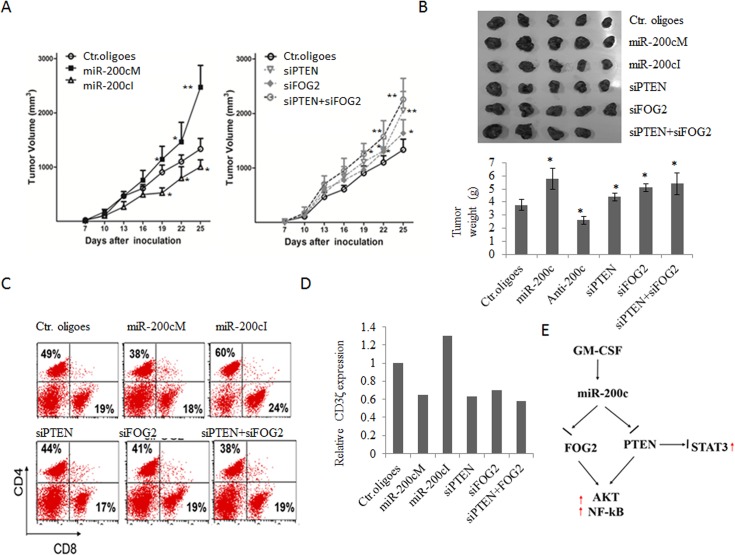Fig 7. MiR-200c promotes tumor-induced immune tolerance.
(A and B) Tumor growth curve (A), tumor size and tumor weight (B) in different groups. CT-26 tumor cells (1×106) were subcutaneously injected into male BALB/c mice (n = 10). Then, 2 × 106 pretreated MDSCs were intratumorally injected on days 5, 12 and 19 after tumor inoculation, and sacrificed on day 21. MDSCs were respectively pretreated with miR-200c mimics (miR-200cM), miR-200c inhibitors (miR-200cI), FOG2 siRNA (siFOG2), PTEN siRNA (siPTEN), siFOG2 and siPTEN (siFOG2+ siPTEN) or control oligoes (Ctr. oligoes). (C) The proportion of CD4+ and CD8+ T cells in inguinal lymph node of mice bearing tumor after injecting with differently treated MDSCs. (D) Expression of ζ-chain in T cells from the spleens of mice bearing tumor after injecting different-treated MDSC. Relative ζ-chain expression represents the percentages of geometric mean in experimental groups as compared to the geometric mean in control groups. (E) Proposed mechanism for the effects of miR-200c on the differentiation and suppressive function of MDSCs. In tumor environment, tumor released GM-CSF upregulates the expression of miR-200c. The upregulated miR-200c may target PTEN and FOG2 to promote the differentiation and suppressive function of MDSCs via inhibiting activation of STAT3 and activating Akt and NF-κB signals. Data shown here are representative results from at least three independent experiments. *, p<0.05, **, P<0.01.

